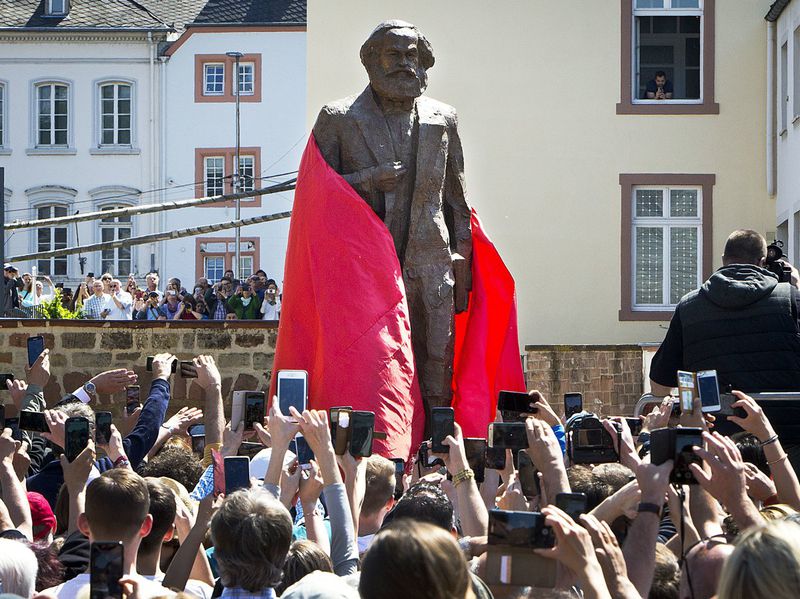Socialists and Communists
Unsigned, L’Ordine Nuovo, 12 March 1921
Text from Antonio Gramsci “Selections from political writings (1921-1926)”, translated and edited by Quintin Hoare (Lawrence and Wishart, London 1978), transcribed to the www with the kind permission of Quintin Hoare.
Each successive event which occurs in the present period shows more clearly the features of the two parties which emerged from the Livorno Congress: communist and socialist. To many at the time, it appeared idle to distinguish between communists and socialists on the basis of their general statements. But unfolding historical events, in so far as they require a critical interpretation and oblige one to take up a clear and precise position towards them, have on the contrary highlighted the mutually opposed methods of the two parties. The Livorno split should have come about at least a year earlier, for the communists to have had the time to give the working class the organization required by the revolutionary period in which it is living. Many things, however, have happened since Livorno, things which are certainly serious and which have revealed clearly the substantive difference between communists and socialists.
The difference lies in their respective methods and in their interpretation of historical facts. The socialists have never understood the spirit of the period through which we are passing in the class struggle. They have not understood that the class struggle may be converted at any moment, at any provocation, into an open war which can only be concluded with the seizure of power by the proletariat. The fact that the socialists lack any method of orienting the working class and peasantry towards new forms of rule also derives from the fact that they have not understood the spirit of this historical period. The socialists believe that the terms of the struggle between the two classes are the same as before the War. For the socialists, the War and the Russian revolution have no value. They therefore continue to trust in their old methods and see socialism as a distant goal.
But there are, it is said, also communists inside the Socialist Party; there are those who assert that we are living in a revolutionary period. The communists – that is to say the former revolutionary maximalists – would indeed like to be the majority of the Socialist Party. But the difference is only one of words. In reality, they have shown that they are the same as the others. In reality, they have not been able to establish a method of their own, different from that of the non-communist socialists. The Socialist Party has moved steadily rightwards, in spite of all the generic revolutionary declarations which some of them still have the hypocrisy to make before the masses. The communists who have remained inside the Socialist Party have followed the right-wing current. No distinction can thus be made inside the Socialist Party. There are only two methods existing today: that of the communists in the Third International and that of the socialists.
The socialists, still face to face with history, have now confirmed their inability to organize the working class as a dominant class. The events of Emilia, Apulia, Tuscany and the most recent ones in the Casalese precisely make it clear that the socialists have entirely lost sight of the problems and needs of the workers. They show that the socialists have a horror of civil war, as if one could reach socialism without civil war. The socialists still believe they can oppose the bourgeois class, which organizes and unleashes its violence everywhere, with protests in Parliament and resolutions deploring fascist barbarities. Nor is it only in this sphere that the socialists are distant from the working class. In the life of the factories and trade unions things are no different.
The serious problem of the industrial crisis which threatens a lockout in every plant is also seen by the socialists with the mentality of before the War, i.e. with the mentality which leads them to think that one can continue with a policy of compromises and middle roads. Faced with the problem of power, as with that of production, the socialists are equally devoid of a method or a clear idea. It is for this reason that, where they still hold sway over the masses, the latter are as if disoriented and slow in finding the road to counter-attack. But there are responsibilities which must one day be paid for. There are problems which cannot always be postponed. History will in the end pass sentence on the inept and the errors they have committed. Under the pressure of events, the masses will one day see that they have been betrayed, and will in the end orient themselves towards the historical party, the Communist Party. Provided, however, it is not already too late…

